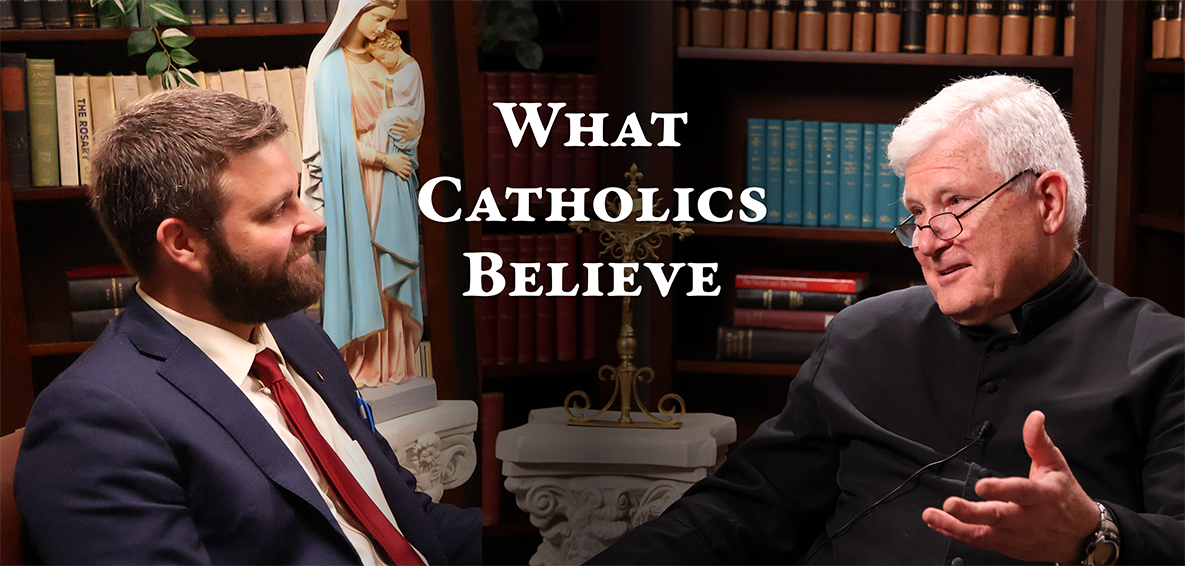A Good Confession

What we usually refer to as “going to confession” actually means receiving a sacrament – the sacrament of Penance. The catechism defines Penance as “the sacrament by which sins committed after Baptism are forgiven.” These two sacraments – ordinarily the first two sacraments we receive in life – are call sacraments of the dead. Although this designation might sound a bit morbid, in fact it refers to the life-giving powers of these two sacraments in restoring supernatural life to a soul in the state of mortal sin, the condition of spiritual death. In that sense they are the sacraments of spiritual resurrection for the soul. It is as though the soul rises from the dead when the head is lifted from the baptismal font; it is as though the soul emerges from the tomb after confession.
Our Lord Jesus Christ has told us that if we wish to enter into the Kingdom of Heaven, we must humble ourselves as little children. That humbling is nowhere more evident than in the simple, straightforward confession and apology for sins in the sacrament of Penance.
Can all sins be forgiven? Yes, all sins for which we can be genuinely sorry, i.e., for which we can have true, at least imperfect, contrition. Why then does Our Lord speak of sins against the Holy Ghost which will not be forgiven, “neither in this world nor in the next”? Christ refers to sins of despair and presumption as sins against the Holy Ghost. Despair rejects God’s mercy; presumption rejects God’s justice. Both sins have the effect that we will not repent of our sins, and thus we reject forgiveness.
The most important accomplishment of each day of our lives is to live, i.e., to be in the state of sanctifying grace. The most important accomplishment of Lent is to make a sincere, humble and complete confession of our sins with true contrition and to receive absolution in the sacrament of Penance

